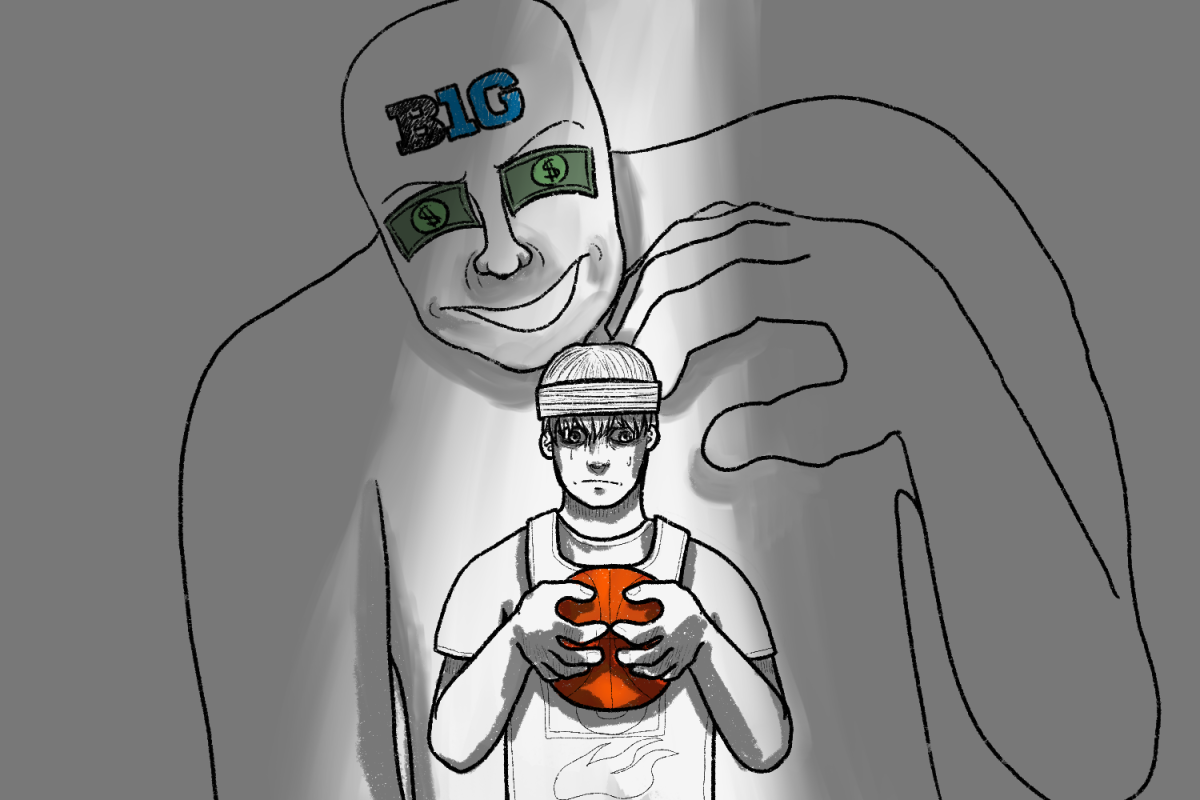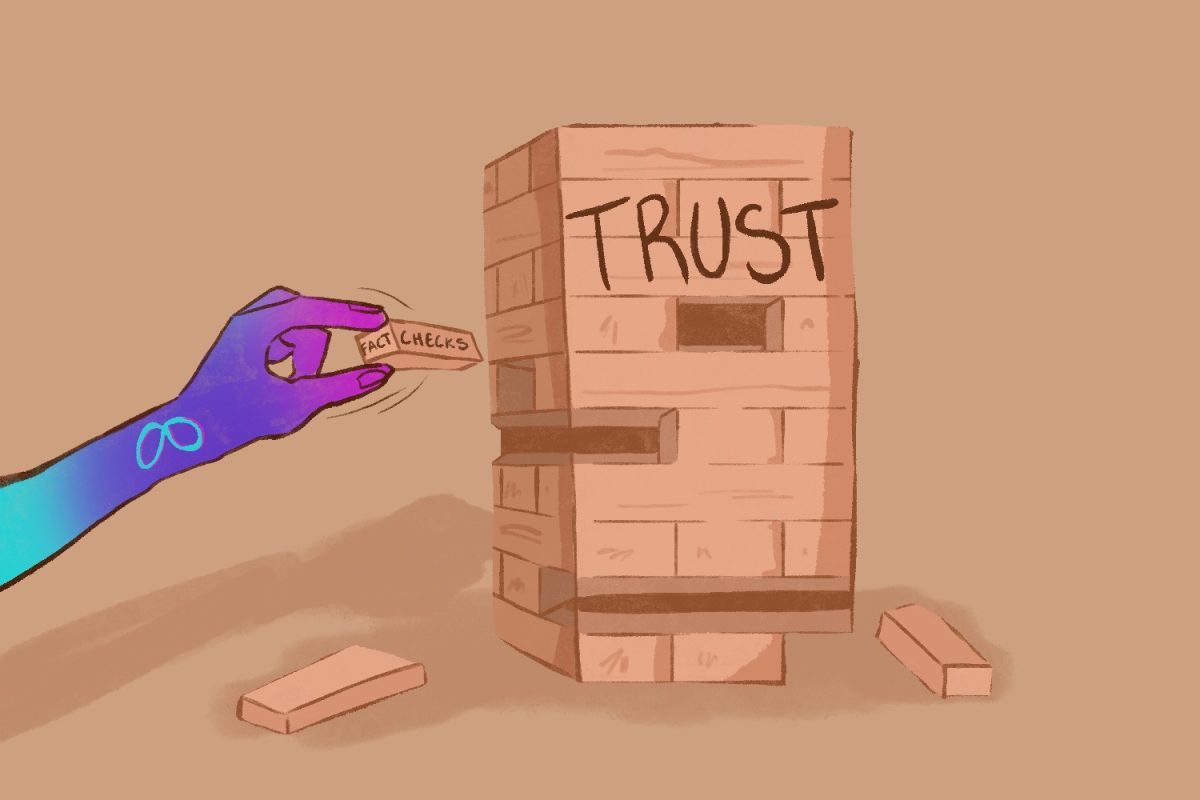Sure, we’ve all heard that we should reduce the amount of time we spend on TikTok and Instagram. Parents try to intervene often or have already given up on telling us to put our phones away, arguing that it is causing us to be distracted and depressed. But do any of these reasons really matter enough for us actually to put down the phone?
Well, in short, they should. Too often, teens have resisted their parents’ advice in favor of small dopamine boosts that accompany long scrolling hours. Apps like TikTok, Instagram, X, and Snapchat have only made it easier to get lost in never-ending short video content.
As more and more of the world gets sucked into the cycle of content creation, teens face an all-powerful monster. FOMO. The fear of missing out.
A Pew Research Center study in 2022 concluded that “eight in ten teens say that what they see on social media makes them feel more connected to what’s going on in their friends’ lives.”
However, the same study also found that 38% of teens felt overwhelmed by drama on social media and that 31% of teens have felt left out of activities with friends because of social media.
As of 2020, the American Academy of Child and Adolescent Psychiatry reported that most teens spend an average of up to nine hours of screen time per day.
The fear of missing out keeps teens hooked to social media as a way to stay relevant and “in the know” about what classmates and friends are up to, causing excessive screen time to be the norm.
In the short term, teens who spend nine hours on screens are losing out on life. According to Nationwide Children’s Hospital, on average, teenagers get approximately seven hours of sleep per night. With around six hours spent at school every day, there is simply not enough time to constantly check social media and other apps, especially with other responsibilities that most teens have.
With screen time and the long hours already planned out in a teen’s day, many teens are not able to spend time outside for an extended period.
According to the U.S. Forest Service, nature reduces stress, muscle tension, heart rate, and cortisol levels. In the short term, YouTube shorts and Instagram Reels might cause small dopamine bursts that make you keep scrolling, but going outdoors has more lasting effects that improve mood and stress levels.
In the long term, more concerningly, excessive screen time results in issues with human connection and the interpretation of social cues.
“The short-term effects of increased opportunities for social interaction, combined with time away from screen-based media and digital communication tools, improves a preteen’s understanding of nonverbal emotional cues,” according to a UCLA study that isolated two groups of teens for five days to test the effects of screen time on their social skills.
If we can reduce the time we spend on social media apps to spend more time with family and friends, we will actually improve our chances for future career aspirations and success.
“The capability to effectively process emotional cues is associated with many personal, social, and academic outcomes,” wrote Knapp and Hall in 2010 and McClure and Nowicki in 2001, also a part of the UCLA study.
If we avoid endless scrolling, there are more constructive ways to use social media and our digital resources. We can use social media to find hangout spots, parks, and restaurants. We can still interact with the real world, using social media as a supplement rather than a centerpiece.
Many of the drawbacks of social media usage are well known by now, so it is up to us, the users, to decide how much (or little) we want to reduce our screen time.
Overall, we need to stop ignoring the negative effects of social media. There are ways to enjoyably spend our youth that will prepare us for the future without causing unneeded stress and drama.
*This editorial reflects the views of the Scot Scoop Editorial Board and was written by Rachel Alcazar.
The Editorial Board voted 9 in agreement, 2 somewhat in agreement, 1 in disagreement, and 5 refrained from voting.














